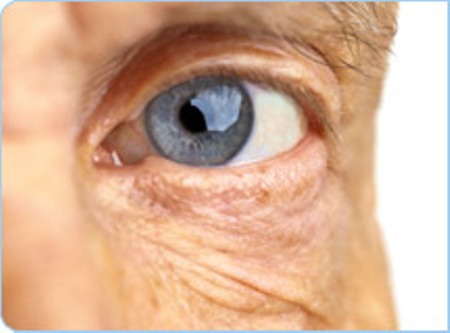
There are several myths and stories surrounding cataract disease that are baseless and need the foundation of strong facts if at all they are to be believed. Mentioned ahead are some of the popular myths about cataracts and the facts (or rather their lack) behind them.
Cataract causes blindness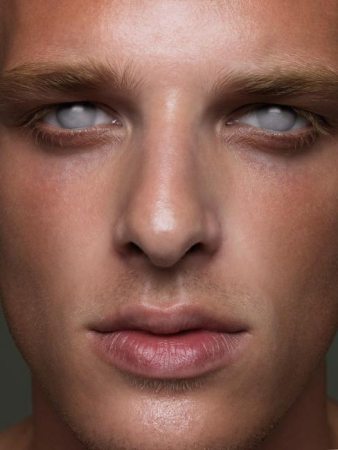
Although there are several theories that discuss the possibility of blindness resulting from cataract, modern science furnishes no evidence for the correlation between cataracts and blindness. There’s no ambiguity that a couple of decades ago people were had no knowledge and were doubtful about the necessity for its treatment. But, modern medicine has now eliminated the rare possibility of blindness by the virtue of a cataract surgery. Most people with cataracts get them removed as soon as it begins to affect their vision.
Not everyone gets cataracts
We might have heard people saying that their grandmother or grandfather lived for almost 90 years and never had cataracts. However, in reality, the myth has no truth behind it. It may surprise many, but cataract indeed affects everyone at some point in their lives. The myth that cataract does not attack everyone probably has arisen because of assumptions that some people at 80 or 90 years of age never had the disease. Nevertheless, what’s more likely to have happened is that they had cataract but never chose to get it treated, either due to fear of surgery or old age. The age for contracting cataract varies from one individual to another.
Only old people suffer from cataracts
This probably would be the most widely held misconception about cataract worldwide. Though it affects every individual at some point in their life, cataracts can affect young adults or children as well. There are several risk factors that may induce cataract in younger people including certain diseases such as diabetes. Inflammation in the eye and long term or intense heat exposure to UV rays may also lead to cataract. Some other risk factors include eye injuries, smoking, hereditary influences, severe long term myopia, elongated usage of steroids, and certain events before birth like German measles in the mother whilst pregnant.
Eye drops can treat cataracts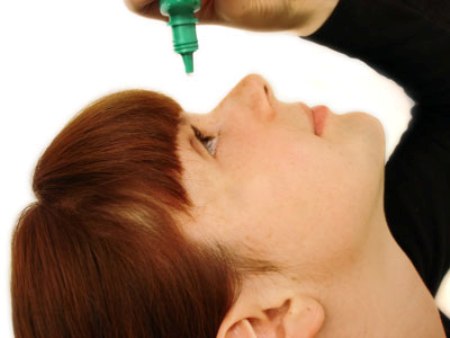
Another commonly held belief is that eye drops can actually help treat cataracts. On the contrary, medicines cannot treat cataracts. If there is any proven treatment, it is only surgical. In fact, even eye drops and other drugs intended for the same purpose will render no assistance or relief in addressing the disease. Besides these, some people think that consuming aspirin will prevent the disease whereas there is no strong evidence for the same. Rather, it’s always advised to seek guidance from a doctor before taking aspirin as a preventive measure for any ailment.
Cataracts tend to form quickly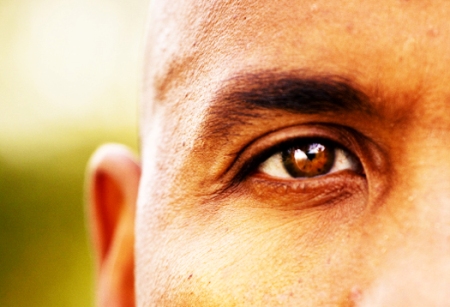
This is not true. Not many people know this but it takes around ten years for the cataract to build up in your eye. This period includes the first commencing to until treatment is needed. However, sometimes the disease matures faster and this usually happens if an individual has been a part of any unfortunate event, such as a car accident.
Cataract surgery is a lengthy, complicated process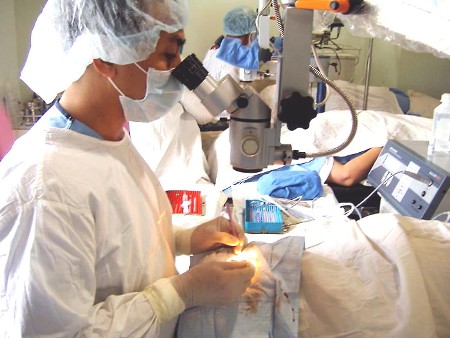
In the distant past, treating cataract through surgery was indeed considered a significant, major surgical procedure which would require a lengthy, recovery period and a general anesthetic. Nowadays, due to significant advancements in medicines and surgical technology, the surgical removal of cataracts is remarkably quick and non-invasive. The disease can now be eradicated under the guidance of professionals by using a local anesthetic. In fact, patients who get their cataract treated or removed can even go home the very same day.
It takes months to recover from cataract surgery
This is a misconception and is, surprisingly, held by a lot of people across the world. Although cataracts require care, several patients are able to see well enough to resume their normal day to day activities just a few days after the surgery. Concurrently, the vision improves over subsequent weeks and months of the surgery. But, if an individual has eye problems like glaucoma, it might take a bit longer for recovery. Nevertheless, it never takes ‘months’ to recover from a cataract surgery.




